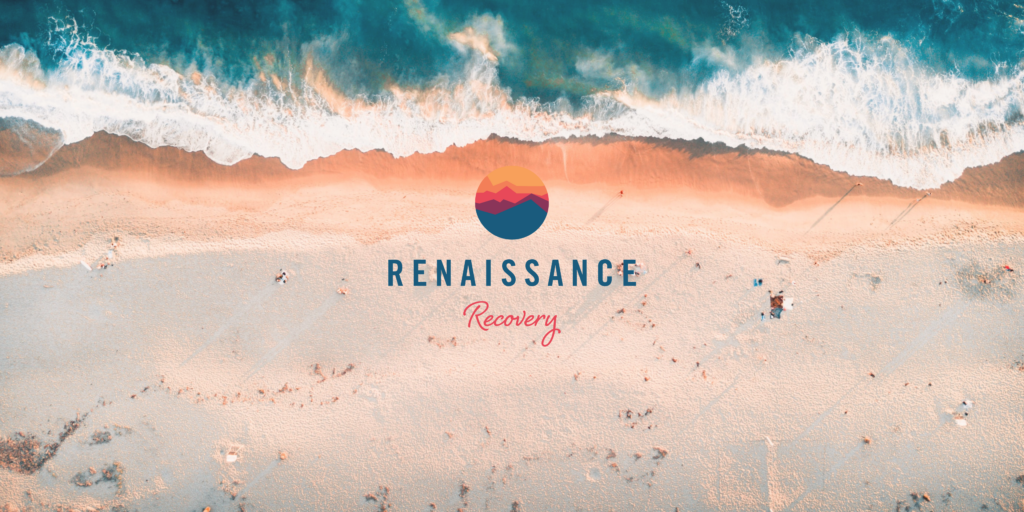Palm Beach County, once at the heart of Florida’s opioid crisis with a significant surge in overdose deaths peaking in 2017, continues to face severe challenges.
Addiction in Palm Beach County
Palm Beach County, known for its picturesque landscapes and affluent communities, conceals a less visible but impactful crisis: addiction. The region, having once been at the epicenter of Florida’s opioid epidemic, continues to grapple with the pervasive effects of substance misuse. While the opioid crisis highlighted the acute dangers of prescription drug addiction, the challenges in Palm Beach County extend beyond opioids to include alcohol and illicit substances.
Need help getting addiction treatment?
Palm Beach County addiction statistics paint a sobering picture, with opioid overdoses reaching a peak in 2017 and remaining alarmingly high in the years that followed. In 2021, the county recorded the second-highest number of fatal opioid overdoses in the state, with 525 lives lost. This troubling statistic is part of a larger statewide issue, as opioids were responsible for approximately 6,440 fatalities across Florida in 2021, making a 6% rise from the year before.
Behind these Palm Beach County drug stats are stories of individuals and families torn apart by the devastating effects of addiction. Efforts to address the issue have been multi-pronged, involving local government initiatives, healthcare providers, and numerous organizations dedicated to providing support and rehabilitation services.
Palm Beach County has seen the emergence of a robust network of resources aimed at prevention, treatment, and recovery. These services not only focus on the immediate medical needs of those affected by addiction but also address the underlying issues that contribute to substance misuse, such as mental health disorders, social isolation, and economic disparities.
As Palm Beach County continues its fight against addiction, the importance of community involvement, awareness, and empathy cannot be overstated. By promoting a supportive environment that encourages open discussion and seeks to remove the stigma associated with addiction, there is hope for healing and recovery for individuals and the community at large. The path forward requires a collective effort to ensure that those affected by addiction have access to the care and support they need to reclaim their lives.
Palm Beach County Drug Statistics
In Palm Beach County, the veterinary sedative xylazine has started to appear in the local drug market. Xylazine, notorious for exacerbating addiction and causing severe flesh wounds, was identified in the county’s drug scene in 2021. Intended for animal sedation, xylazine becomes especially dangerous in humans and when combined with fentanyl, rendering people deeply sedated for extended periods. Fentanyl mixed with xylazine is known as tranq dope.
In 2021, xylazine was detected in 34 fatalities in Palm Beach County, outflanking methamphetamine-related deaths. Statewide, over 230 individuals died with xylazine in their systems, a stark increase from none in 2020.
FDA (U.S. Food and Drug Administration) issued a warning to healthcare providers in November about xylazine’s harmful effects, including its potential to cause severe ulcers and impede recovery efforts. Unlike opioids, xylazine does not respond to naloxone (Narcan), making it more challenging to counteract overdoses.
The late 2000s saw South Florida grappling with a widespread problem of pill mills — unregulated clinics dispensing opioid prescriptions with little scrutiny. Although regulatory measures significantly curtailed this issue, the legacy of addiction remains.
Palm Beach County allocates approximately $1 million annually to addiction treatment programs, ensuring access to necessary care for all, regardless of financial capacity, and alleviating the financial burden on hospitals.
Despite these efforts, Palm Beach County drug abuse statistics show that opioids were responsible for approximately 6,440 deaths in Florida in 2021, exceeding the population of Tequesta and a 6% increase from the previous year. Substance combinations, including alcohol, MDMA, benzos, methamphetamine, and hallucinogens, accounted for an additional 1,650 fatalities statewide.
With 525 fatalities, Palm Beach County had the second-highest number of opioid overdoses in 2021, following Broward County.
Interestingly, Palm Beach County saw a 13% reduction in opioid-related deaths from the previous year, contrasting with statewide trends. Due to population growth, though, the total number of drug-related fatalities remained consistent, with about 1,165 deaths recorded in 2021.
While opioid deaths declined, fatalities linked to xylazine, meth, and kratom surged, each increasing by approximately 30 cases from 2020 to 2021.
Opioids predominantly affected individuals in their 30s, although victims ranged from infants to the elderly. Tragically, three young girls under 18 months old died in the latter half of 2021 due to opioid exposure, with circumstances ranging from accidental ingestion to deliberate harm.
Among older adults, 60 individuals aged 60 and above passed away with drugs in their system, but only nine were attributed to overdoses. The majority of these cases involved self-inflicted gunshot wounds.
In 2021, suicides and natural causes each accounted for about 150 drug-related deaths in Palm Beach County, with homicides being the least common cause at 86 cases. Accidental deaths, however, occurred twice as frequently as suicides, homicides, and natural deaths combined.

Palm Beach County Alcohol Statistics
Palm Beach County alcohol stats show that the abuse of alcohol is becoming a growing concern, like elsewhere in the United States. The Prevention Status Report on Florida by CDC (Centers for Disease Control and Prevention) revealed that 15% of adults and 17% of high school students engaged in binge drinking, a practice which involves males consuming more than 5 drinks or females consuming more than 4 drinks on a single occasion. The report also discusses various health risks associated with binge drinking, including chronic diseases and cancer.
Alcohol’s role in society can often lead to a problematic relationship with drinking. Its widespread social acceptance, coupled with its integration into the cultural fabric of places like Palm Beach County, can make it challenging to recognize when alcohol use becomes problematic. If you find yourself questioning your relationship with alcohol, to seek help before the situation worsens – alcohol use disorder is a progressive and relapsing condition.
Resources for Addiction Treatment in Palm Beach County
Palm Beach County, in its ongoing battle against the pervasive effects of addiction, offers a variety of resources aimed at supporting individuals on their journey to recovery. From state-of-the-art treatment facilities to community-based support groups, Palm Beach County is committed to offering accessible and effective options for those seeking help.
Treatment facilities
The county hosts a range of treatment facilities, including inpatient and outpatient centers, which offer personalized care plans tailored to individual needs. These facilities are staffed by experienced professionals who specialize in addiction treatment, blending evidence-based therapies and holistic approaches to recovery. Services often include detoxification, counseling, therapy sessions, and wellness activities aimed at promoting long-term sobriety.
Support groups
Support groups play a crucial role in the recovery process, offering a sense of community and understanding that is highly beneficial for healing. Palm Beach County is home to numerous groups, including AA (Alcoholics Anonymous), NA (Narcotics Anonymous), and other specialized support networks that cater to specific types of addictions. These groups provide a safe space in which people can share their experiences, challenges, and successes with peers who are on similar paths to recovery.
Mental health services
Addiction often co-occurs with mental health disorders, making comprehensive care integral to effective treatment. Many facilities and organizations in Palm Beach County offer dual diagnosis programs that address both addiction and mental health issues concurrently. These services include psychiatric evaluations, medication management, and therapy designed to treat underlying mental health conditions alongside addiction.
Community outreach and education
Efforts to combat addiction in Palm Beach County also include extensive community outreach and education programs. These initiatives aim to raise awareness about the dangers of substance abuse, promote prevention strategies, and reduce the stigma associated with seeking help for addiction. Schools, workplaces, and community centers often host workshops, seminars, and campaigns to inform residents about the resources available for addiction treatment and support.
In Palm Beach County, the message is clear: no one needs to face the journey of recovery alone. With a wide range of resources available, individuals and families affected by addiction have access to the support and care necessary to overcome the challenges of substance abuse and move toward a healthier, substance-free future.

Get Treatment for Addiction in Palm Beach County at Renaissance Recovery
Drug and alcohol addictions can be extremely disruptive, but they are also highly treatable. Start your recovery the right way and choose Renaissance Recovery in West Palm Beach, Florida.
Begin the process with supervised detoxification to streamline cravings and withdrawal symptoms – we can connect you with detox centers throughout Florida. Once you have addressed the issue of physical dependence on drugs or alcohol, you’ll be ready for ongoing outpatient treatment at our beachside rehab center.
All addictions are unique and everyone has different needs. Treatment programs at Renaissance reflect this by delivering personalized treatments that include:
- Talk therapies (CBT and DBT)
- MAT (medication-assisted treatment)
- Motivational therapies
- Holistic treatments
- Group therapy
- One-to-one counseling
- Family therapy
- Aftercare planning
For immediate assistance managing substance use disorder, call Renaissance at 866.330.9449.



